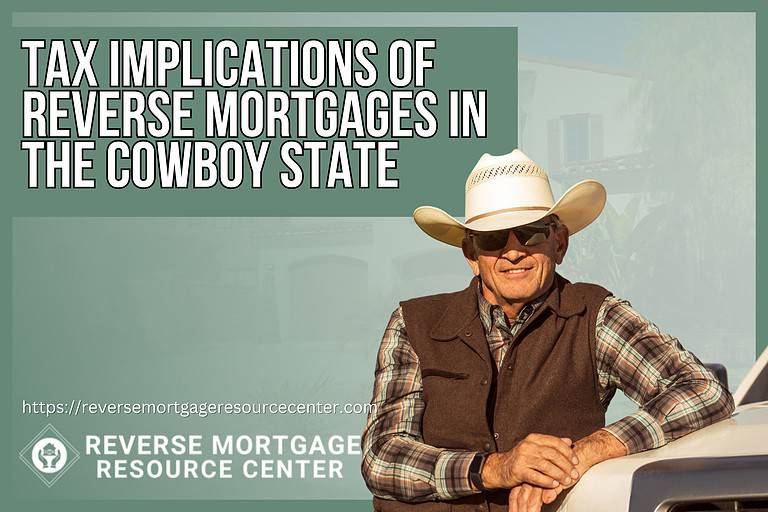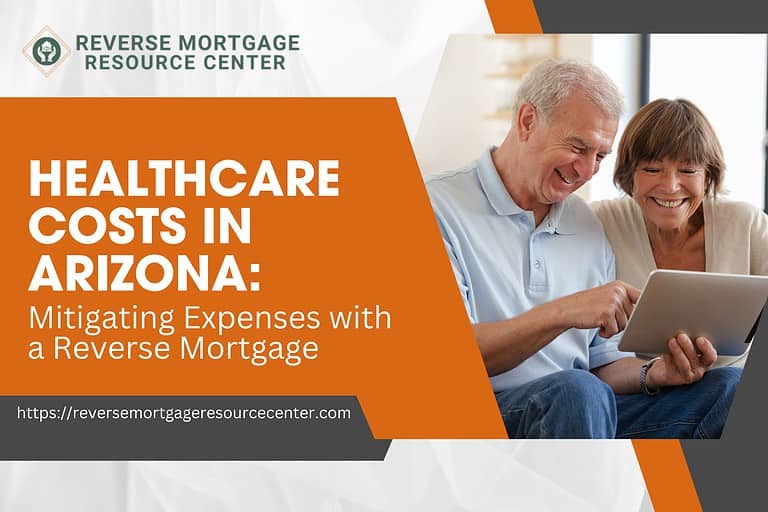How Much Can I Get with a Reverse Mortgage? Understanding Your Eligibility and Potential Payout
Are you thinking about getting a reverse mortgage, but you’re curious about how much money you may get from one? If so, you’re not alone. Reverse mortgages are becoming an increasingly popular option for older citizens looking to boost their retirement income.
However, before you submit an application, it is essential to have a solid understanding of the elements that will be used to evaluate your eligibility and possible award.
In this piece, we will discuss the amount of money that may be obtained via a reverse mortgage, as well as the information necessary for you to have to make an educated choice.
You will be able to make the most of your retirement years, have a happy and secure future and make the most of your retirement years by knowing your eligibility and possible payout.

What Is a Reverse Mortgage?
A reverse mortgage is a specific kind of loan that enables homeowners to turn a part of the equity they have built up in their property into cash. In a conventional mortgage, the homeowner is responsible for making monthly payments to the reverse mortgage lender.
However, in a reverse mortgage, the lender is the one who is responsible for making payments to the homeowner. The remaining loan amount is owed if the borrower dies, sells the property, or permanently moves out of the house. The debt may also rise over time.
Reverse mortgages are often employed by retirees who are at least 62 and want extra income during their golden years. They provide an adaptable source of cash that may be used toward a range of charges, from covering the costs of day-to-day living to paying for medical treatment.
Before engaging in a reverse mortgage, it is essential for the borrower to have a thorough understanding of the loan’s terms and circumstances, in addition to the borrower’s obligations.
What Is Home Equity?
Home equity refers to the portion of a property that a homeowner owns outright, free and clear of any mortgage or other debt. It’s calculated as the difference between the appraised value of the property and the outstanding balance of all mortgages or liens on the property.
Home equity can be used as collateral for loans or lines of credit and is often seen as a way to generate additional income in retirement. As a homeowner makes mortgage payments and the value of the property increases, the amount of home equity they have also increases.
It’s important to understand the value of your home equity, as it can play a significant role in determining your eligibility for a reverse mortgage and your potential payout.
What Are the Costs of a Reverse Mortgage?
Understanding the costs of a reverse mortgage is an important part of the decision-making process. Some of the costs to consider include:
- Origination fees: The lender charges this fee for processing the loan application.
- Appraisal fee: This fee covers the cost of determining the value of the property.
- Title insurance: This insurance protects the lender against title disputes or other property title problems.
- Survey fee: This fee covers the cost of determining the boundaries of the property.
- Monthly servicing fee: This fee covers the cost of maintaining the loan and maybe a percentage of the loan balance or a flat fee.
- Interest: As with any loan, interest is charged on the amount borrowed, and the loan balance increases over time.
It’s important to understand all of the costs associated with a reverse mortgage so that you can make an informed decision and budget accordingly.

How Does a Reverse Mortgage Work?
A reverse mortgage works by enabling homeowners to turn a part of the equity they have built up in their property into cash. While the homeowner keeps their title to the property, the amount still owed on the loan continues to accrue interest.
When the borrower sells the property, dies away, or permanently moves out of the residence, the loan is considered to be past due and must be repaid. For a borrower to be eligible for a reverse mortgage, they need to be at least 62 years old and have a certain amount of equity in their property.
The amount of money that may be borrowed is contingent upon a number of circumstances, such as the current interest rate, the assessed value of the property, and the age of the youngest borrower.
The borrower of a reverse mortgage can receive the cash either all at once, via a line of credit, or in the form of regular monthly installments. The remaining sum on the loan, in addition to any accrued interest, will be payable after the loan’s term concludes.
Before getting into a reverse mortgage, the borrower should ensure that they have a thorough understanding of the loan’s terms and circumstances, as well as the potential effect the loan might have on the borrower’s inheritance and future finances.
Can You Refinance a Reverse Mortgage?
Many people wonder if they can refinance a reverse mortgage after they have already taken one out. The good news is, yes, you can refinance a reverse mortgage if your circumstances have changed or if you want to take advantage of lower interest rates.
Refinancing a reverse mortgage can help you get more money, lower your monthly payments, or change the loan’s terms and conditions. However, it’s important to keep in mind that refinancing a reverse mortgage can also come with additional costs, such as origination fees, appraisal fees, and title insurance. It’s important to weigh the benefits and costs before deciding to refinance your reverse mortgage.
Are You Eligible for a Reverse Mortgage?
Are you thinking about getting a reverse mortgage but unsure whether you qualify for one?
Learning whether or not you are qualified to participate is the essential first step in the process.
In most cases, in order to be qualified for a reverse mortgage, you need to be at least 62 years old, be the sole owner of your house or have a substantial amount of equity in it, and make your current dwelling your principal place of abode.
In addition to this, you need to fulfill several financial conditions, such as having sufficient money to pay annual property taxes and insurance premiums and maintaining the house in satisfactory condition.
Even though only one of you will be residing in the property, both you and your spouse are required to be included as co-borrowers on the loan in the event that you are married. It is in your best interest to consult with a reverse mortgage counselor who can help you understand the criteria and assist you in finding the best loan to meet your needs in order to discover your specific eligibility for the program.

What Are the Methods for Receiving Payouts With Reverse Mortgages?
When it comes to receiving payouts with a reverse mortgage, there are several options to choose from, including:
- Lump sum: Receive a one-time lump-sum payment.
- Line of credit: Access money as needed, similar to a credit card.
- Monthly payments: Receive a set amount of money each month.
- Term payments: Receive payments for a specified period of time.
- Tenure payments: Receive payments for as long as you live in the home.
Each method has its own advantages and disadvantages, and the best choice for you will depend on your financial situation and needs. A financial professional can help you understand the options and help you find the best one for your needs.
It’s important to remember that a reverse mortgage is a loan and must be repaid, typically from the proceeds of the sale of the home after you move or pass away. It’s important to weigh the benefits and risks and to understand all of the terms and conditions before making a decision.
How Is Loan Amount Determined for a Reverse Mortgage?
When it comes to reverse mortgages, the loan amount you receive is determined by a variety of factors, including your age, the current interest rate, and the value of your home.
Generally, the older you are, the more money you can receive, as the loan is based on the expected value of your home at the end of the loan term. The interest rate also affects the loan amount, as the higher the rate, the lower the loan amount, and vice versa.
Finally, the value of your home plays a role in the loan amount, as the lender will want to ensure that the loan amount does not exceed the value of the home.
How Much Can You Typically Get From a Reverse Mortgage?
There’s a good chance you’ve had questions about the potential payout from a reverse mortgage. The amount of money you are eligible to receive from a reverse mortgage is determined by a number of criteria, the most important of which are your age, the value of your property, and the interest rate that is currently in effect.
In general, the greater your age and the value of your property, the more money you are eligible to get. The cost of the loan is affected not only by the current interest rate but also by a variety of other aspects, such as the kind of loan you decide to get, the amount of equity you have in your property, and the laws that are in place in your state.
On average, homeowners might earn anywhere from forty percent to sixty percent of the value of their property when they sell it. However, the precise sum that we are able to award you will be based on your specific set of circumstances.

What Is Max Claim Amount?
The “max claim amount” is a term used in the context of reverse mortgages and refers to the maximum amount of money a borrower can receive from the loan.
This amount is based on several factors, including the borrower’s age, the value of their home, and the current interest rate. The older the borrower is, the higher the value of their home, and the lower the interest rate, the higher the max claim amount will be.
It’s important to note that the max claim amount is not the same as the loan amount, as there are other costs and fees involved in a reverse mortgage. Additionally, government regulations may also impact the max claim amount.
Conclusion
Homeowners who are 62 years of age or older and have considerable equity in their house may qualify for a reverse mortgage, which may provide them with a source of income.
The amount of money you are eligible to receive from a reverse mortgage is determined by a number of criteria, such as your age, the value of your house, and the interest rate that is currently in effect.
It is essential that you have a solid understanding of the Max Claim Amount, which is shorthand for the maximum amount of money that you are eligible to collect from the loan.
You may have a better understanding of your eligibility for a reverse mortgage, as well as the possible payoff that you can obtain, with the assistance of a specialist in the financial industry.
A reverse mortgage may give a solution to suit your financial requirements, whether you are searching for a source of income to augment your present income or looking for a source of income to replace the one you had before retirement.

REVERSE MORTGAGE RESOURCE CENTER ~LIVE LIFE ON YOUR TERMS~
Our Lending Team has been serving our clients since 2004. We are passionate about serving our clients with integrity to help them achieve their financial goals.






